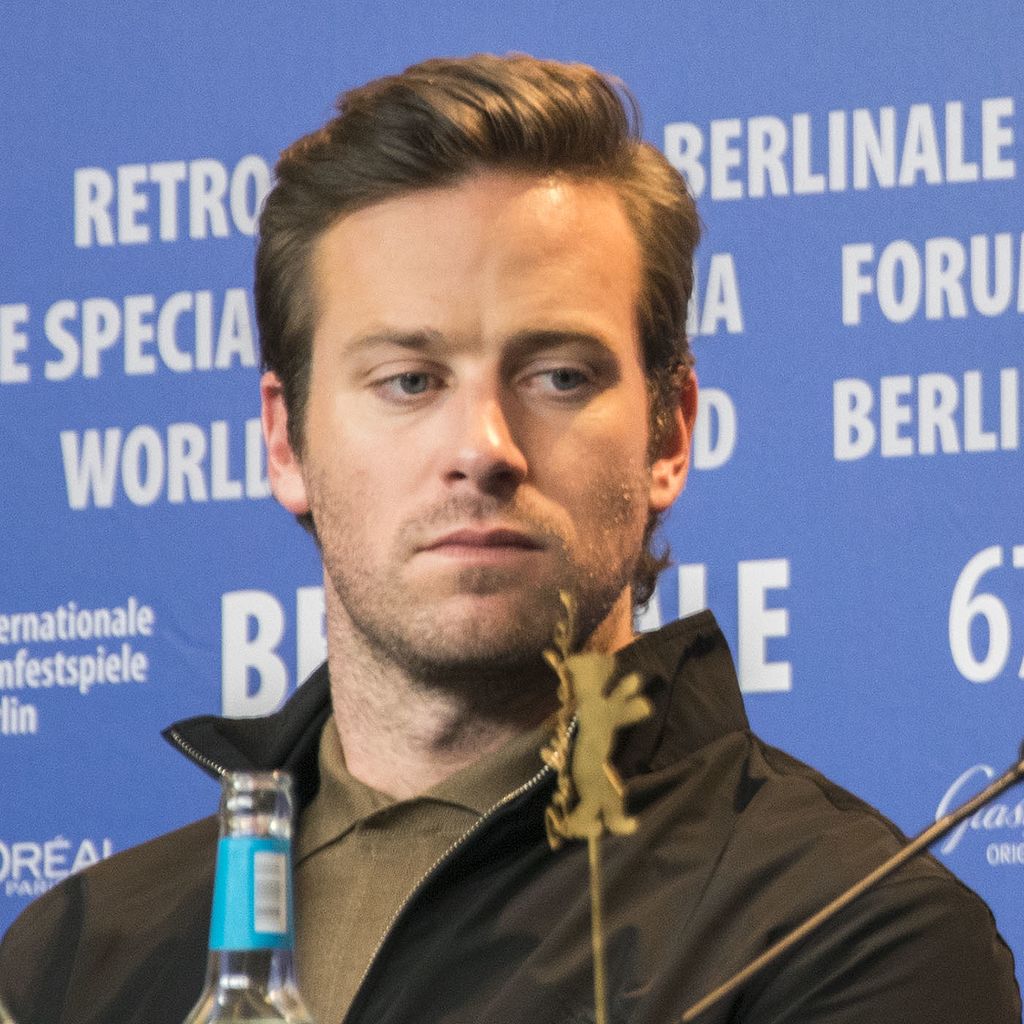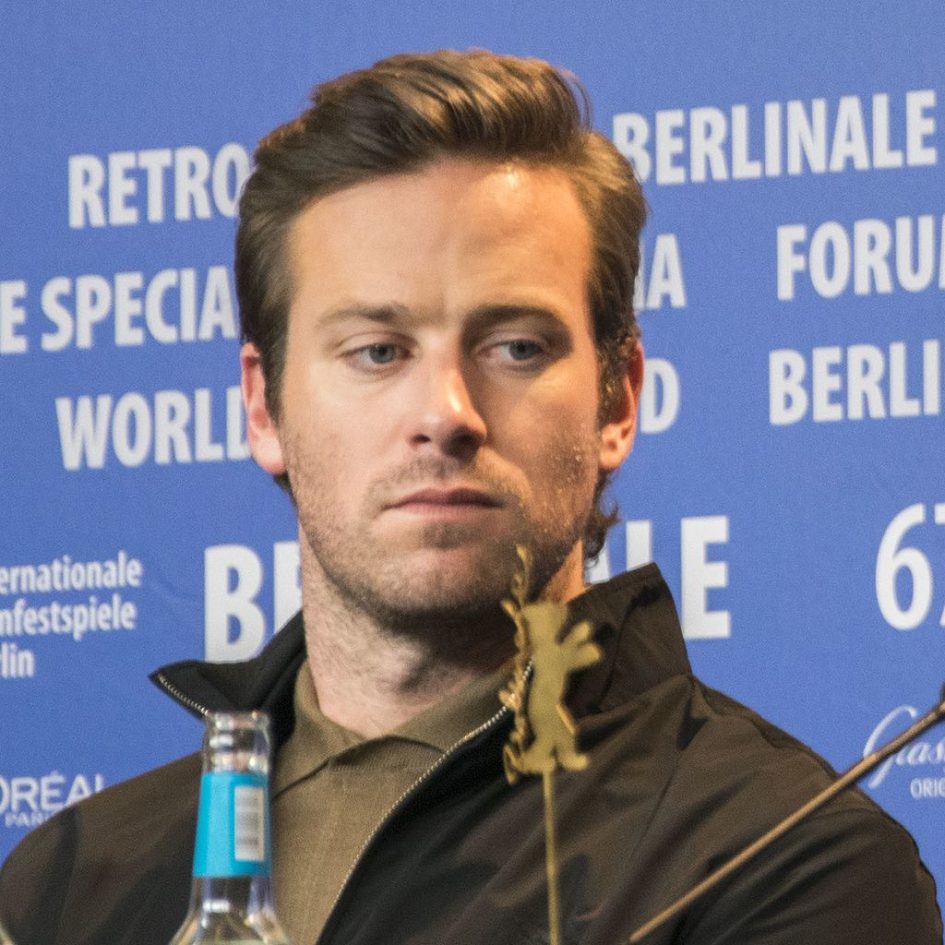
Armie Hammer (pic: Elena Ringo http://www.elena-ringo.com [CC BY 4.0 (http://creativecommons.org/licenses/by/4.0)], via Wikimedia Commons)
Critics have fallen head over heels for Luca Guadagnino’s Call Me by Your Name. Usually I’d be suspicious of any movie that was being lauded as “ravishing”, “triumphant” and “sublime”, but this time the hype is justified. I saw this coming-of-age love story in the recent BFI London Film Festival, and it is beautiful, bold and refreshingly unsentimental.
In the summer of 1983 twentysomething American academic Oliver (Armie Hammer) arrives at the Italian villa of the Perlman family. He’s the latest in a series of bookish guests to stay with Mr Perlman (Michael Stuhlbarg) and his Italian wife Annella (Amira Casar). The Perlmans’ 17-year-old son Elio (Timothée Chalamet) has mixed feelings about giving up his bedroom to Oliver, but any resentment soon gives way to a mutual attraction.
Over the next six weeks Oliver and Elio bond over their shared Jewish heritage and a love of the outdoors. They go biking, swimming and sightseeing around the lush Italian countryside, but there’s an intellectual connection too. With encouragement from his dad, Elio is conducting a tentative sexual relationship with a lovestruck local girl Marzia (Esther Garrel). But the real focus of his interest is Oliver, who is tantalisingly close on the other side of their interconnecting bathroom.
I had seen Armie Hammer (The Social Network) in a few movies and never registered much beyond his handsomeness. He’d be perfectly cast as anyone’s object of desire – gay or straight – but here he really captures Oliver’s appealing mix of brusqueness and sensitivity. He is often abrupt (‘Later’ is his signature way of signing off from a conversation) but he’s clearly attuned to Elio’s mood swings and growing confusion.
As Elio, Timothée Chalamet skilfully embodies all the contradictions of being a privileged teenager, who understands that there’s a big difference between book learning and life experience. He plays the piano like an angel and is constantly plugged into his Walkman, but he’s also bored, just marking time until the end of another vacation. Oliver provides a bridge into sexual experimentation and adulthood, in the safe and (surprisingly) non-judgmental environment of the Perlman home.
Call Me by Your Name is not a salacious or exploitative film, though inevitably some will have a problem with any depiction of a teenage boy embarking on a gay relationship with an older man. At times it is both earthy and funny, particularly Elio’s furtive bedroom experiments with a ripe peach and a pair of Oliver’s shorts.
It is the way Luca Guadagnino and screenwriter James Ivory handle the scenes between Elio and his parents that make this a great film. I had a lump in my throat watching the wordless and heartrending scene when Annella drives a tearful Elio home from the station after Oliver’s departure. Reflecting the emotional honesty of the Perlman home and of this film, the key scene is when Elio’s dad reveals his own regret about not pursuing a gay relationship in his youth. In his quiet way, he offers support and consolation to his son without being intrusive. Michael Stuhlbarg is brilliant here.
I was impressed by an earlier Guadagnino excursion into ‘pure cinema’, I Am Love (2010), but at times it was too self-consciously arthouse and some will have been put off by the subtitles. There are no such issues with Call Me by Your Name, which is note perfect, right down to the Sufjan Stevens songs on its soundtrack.
The André Aciman novel on which Call Me by Your Name is based does pick up on the story of Elio and Oliver a few years later. I’m not sure I need the sequel that Guadagnino is reported to be considering. It may not be a happy ending, but I’d rather stick with those closing moments of a heartbroken Elio, with snow falling outside and summer well and truly over.




